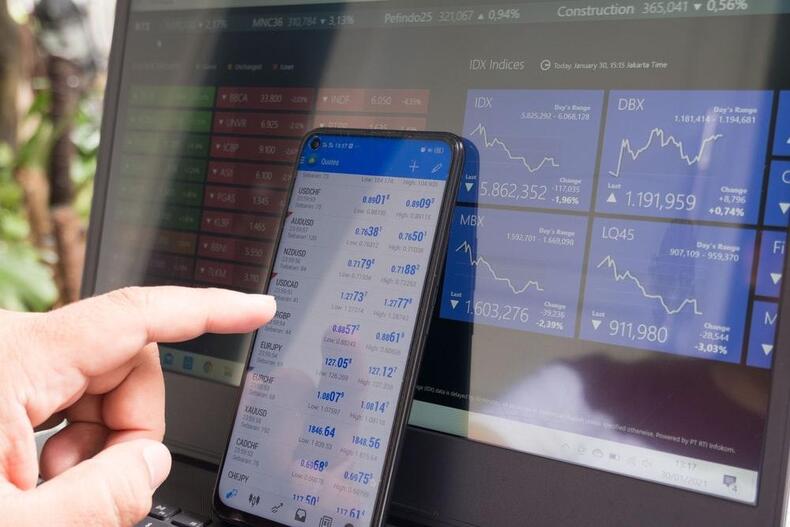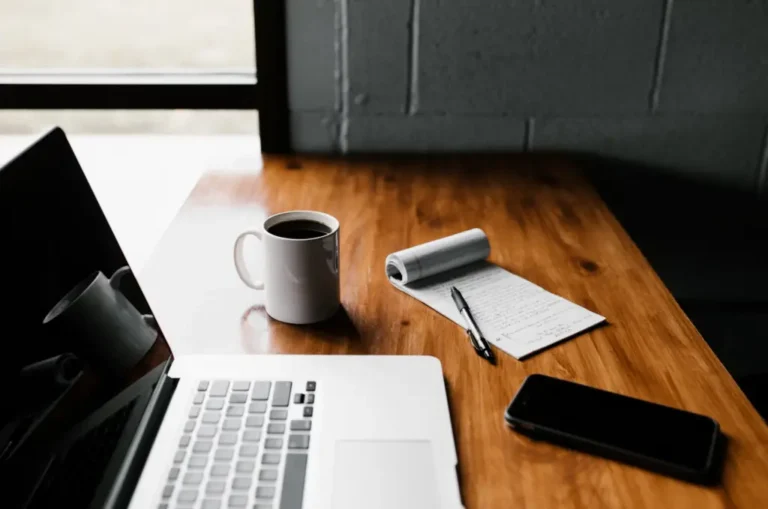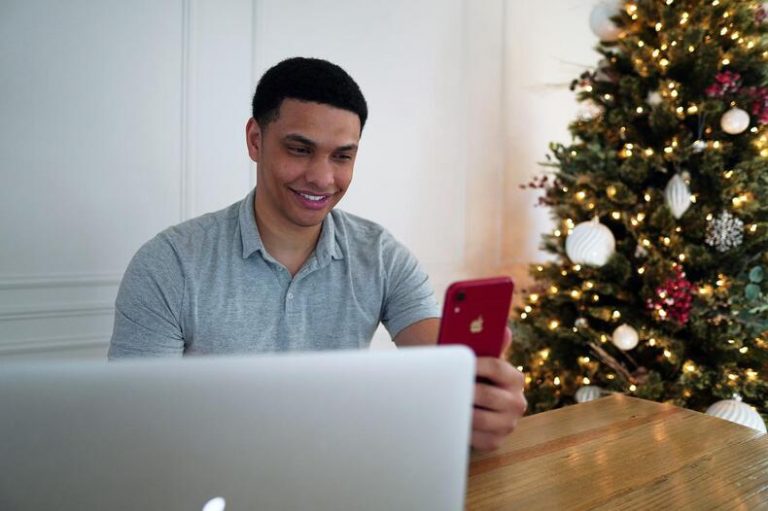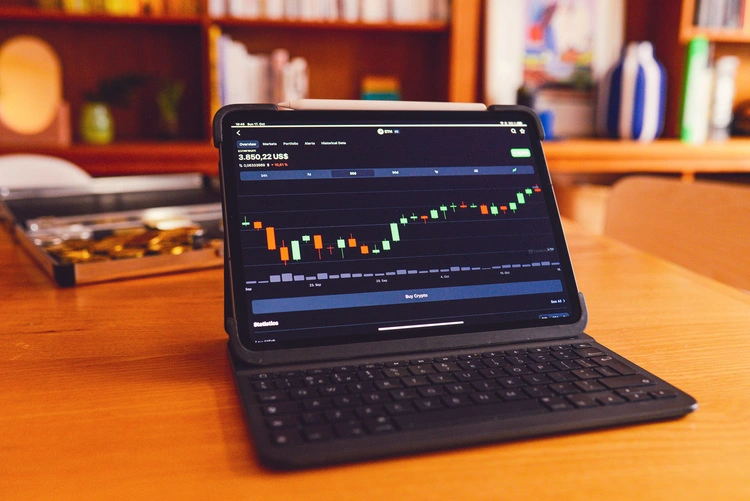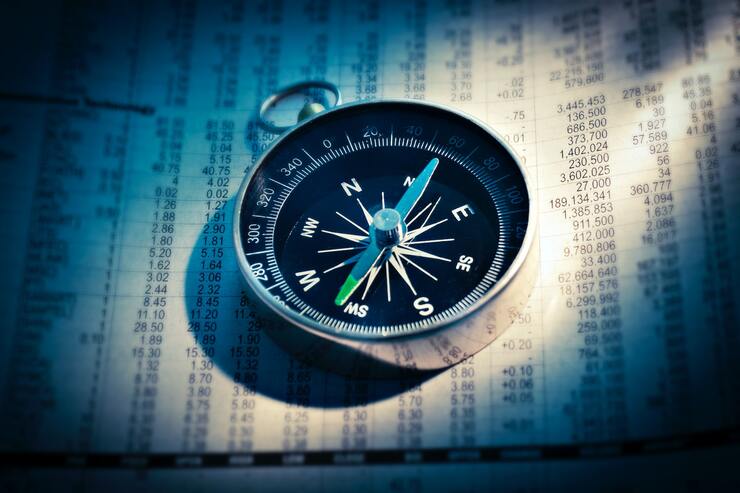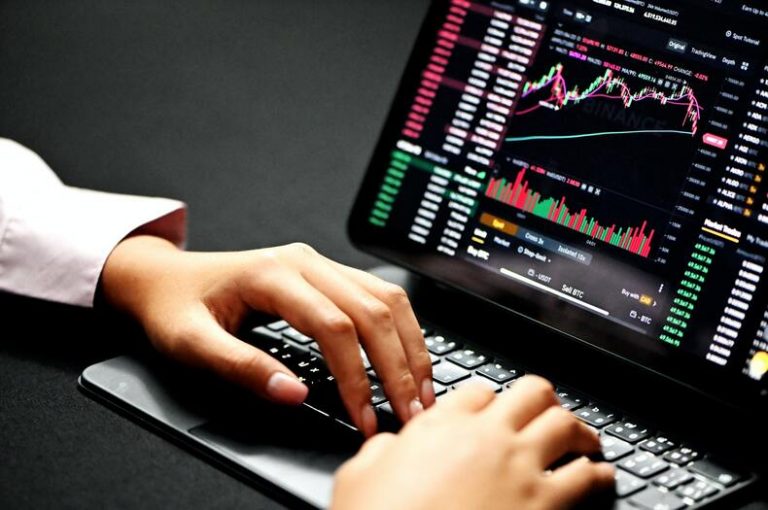What’s the Optimal Deposit Size to Start Trading Forex?
There are many headlines in the media these days, focusing on the forex market. Even major currencies such as the Euro or Sterling are showing increased volatility, similar to that witnessed when the COVID-19 pandemic started.
These price movements are attributed to the geopolitical tensions in Ukraine and the potential impact that might be felt over the upcoming weeks or months. If you’ve noticed the recent currency market volatility and are interested in trying to benefit from it through forex trading, you’re probably asking yourself what the ideal deposit size to get started with is. The answer to that question is a bit complex, as several factors weigh in.
What are the most important factors to consider?
The first step is, naturally, choosing the right brokerage to work with and developing a trading strategy. Before making an initial deposit, though, you should make sure that you are taking into account the following three variables.
- Your current financial status
The deposit size should mainly depend on how much capital you have available for trading, and mainly how much money you can afford to lose. You must adopt a responsible approach, which includes taking into account the most pessimistic of projections regarding ROI (return on investments).
Trading involves probabilities, and if you are a beginner trader, achieving consistency can take some time. This also includes a whole lot of ‘try and err’ in the process of developing a healthy trading routine.
Do the math and figure out how much of your monthly income you need for your expenditures. What’s left could go to trading. Also, there’s no shame in trading on a demo account until you are confident enough to go live. The markets are not going anywhere, and opportunities will continue to emerge, but you need to have tools and techniques in order to take advantage of them.
- Risk tolerance
A second important variable is risk tolerance. Right now valuations are highly sensitive, mainly in wake of headlines coming from the Russia-Ukraine conflict. Traders need to make decisions quickly and adjust their market exposure according to developments. This task becomes increasingly difficult if you are inexperienced and impatient.
With psychological pressure on your back, you could act irrationally and fail to make a move when the market gives you a signal. In case your risk tolerance is low, start with a small account and gradually increase as your equity threshold evolves.
- The broker you would like to work with
When opening an account with a broker, keep in mind that different companies might have different deposit requirements. Most of the time, providers have multiple account types (such as forex broker easyMarkets), and you will be able to open an account for a relatively small deposit. However, you need to make sure you are able to meet that requirement financially.
Overall, your personal financial status is a key variable here, as you can see. However, your ability to make decisions under pressure, alongside the conditions offered by the brokerage you choose to work with, also play a significant role.

